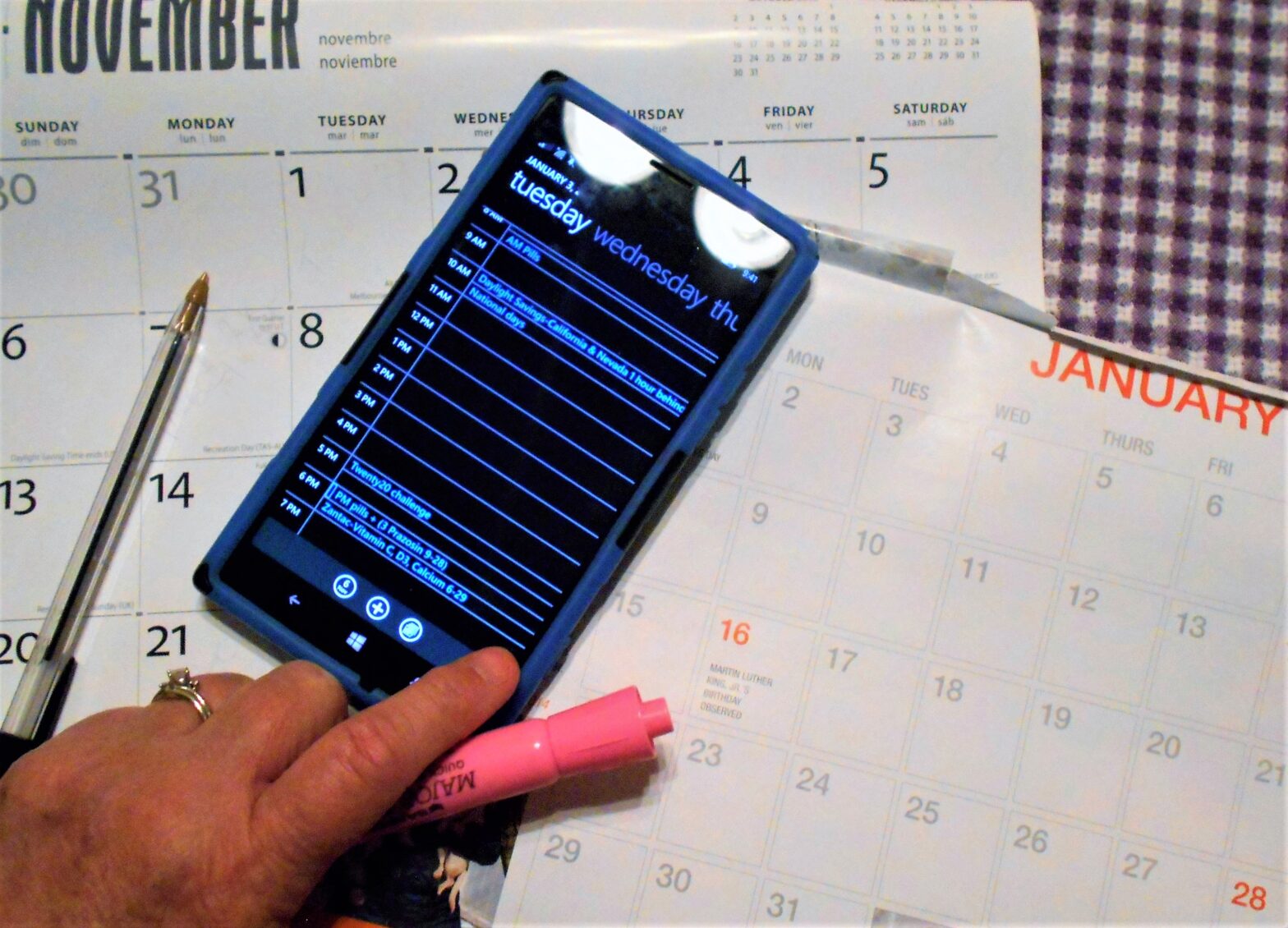Event planning is a creative and dynamic profession that brings people’s dreams and visions to life. Whether it’s a wedding, corporate conference, or a birthday bash, event planners play a pivotal role in turning concepts into memorable celebrations. In this blog, we’ll take you on a journey through the event planner’s world, from the initial concept to the grand celebration, revealing the secrets, strategies, and skills that make events unforgettable.
The Art of Conceptualization
Every great event starts with a concept or idea. Event planners are like architects, designing experiences that resonate with their clients’ desires and expectations. Here are some essential steps in the conceptualization process:
- Understand the Vision: The first task is to sit down with the client and get a clear understanding of their vision. What’s the purpose of the event, and what do they hope to achieve?
- Budget Planning: Determine the budget, as it shapes the entire planning process. A well-balanced budget ensures you can create an extraordinary event without overspending.
- Creative Brainstorming: This is the fun part. Collaborate with a creative team to brainstorm themes, colors, and design concepts that align with the client’s vision.
- Feasibility Assessment: Once you have a concept, assess its feasibility. Consider the location, logistics, and whether it’s realistic within the budget.
The Nuts and Bolts of Planning
With a solid concept in hand, it’s time to dive into the nitty-gritty details of planning. This is where the event planner’s organizational skills shine:
- Venue Selection: Finding the perfect location is critical. It should match the event’s theme, accommodate the guest count, and offer the necessary facilities.
- Vendor Coordination: Event planners work with a wide range of vendors, from caterers and decorators to entertainers and photographers. Coordinating with these professionals is a crucial part of the job.
- Timeline Creation: Develop a comprehensive timeline that outlines every aspect of the event, from setup to tear-down. A well-planned schedule keeps everything on track.
- Risk Management: Prepare for the unexpected. Event planners need to have contingency plans in place to handle any unforeseen issues that may arise.
The Art of Execution
The day of the event is when all the hard work pays off. Here’s how an event planner ensures everything goes smoothly:
- Team Coordination: Event planners manage a team of professionals who are responsible for different aspects of the event. Effective communication and collaboration are essential.
- Guest Experience: Ensuring guests have a memorable experience is paramount. Event planners focus on every detail, from welcoming guests to managing the flow of activities.
- Troubleshooting: Even with the most meticulous planning, issues can arise. Event planners are experts at problem-solving and making quick decisions under pressure.
The Grand Celebration
As the event unfolds, the event planner takes a step back to witness the concept they’ve nurtured turn into a celebration. There’s a sense of accomplishment in seeing clients and guests enjoy the fruits of their labor.
Conclusion
From concept to celebration, event planning is an intricate process that combines creativity, organization, and problem-solving. Event planners are the unsung heroes behind the scenes, ensuring that special moments are brought to life seamlessly. If you’re considering a career in event planning or are planning an event yourself, remember that attention to detail, creativity, and excellent communication are your keys to success. With the right approach, you can transform any concept into a memorable celebration that will be cherished for years to come.
